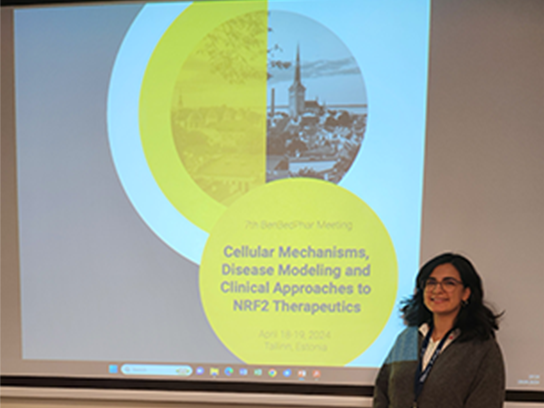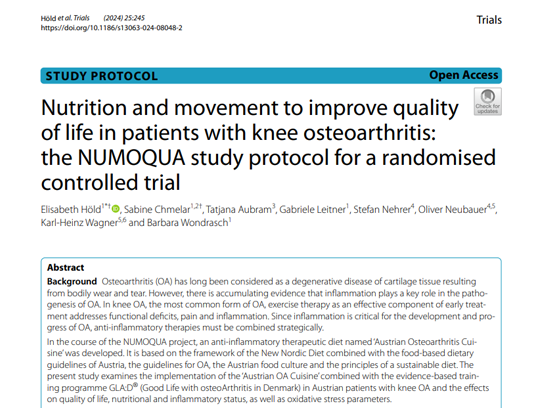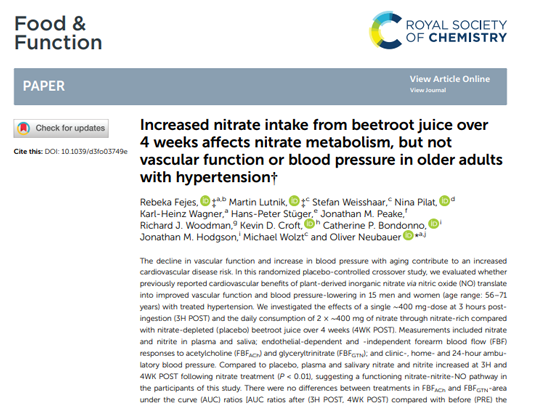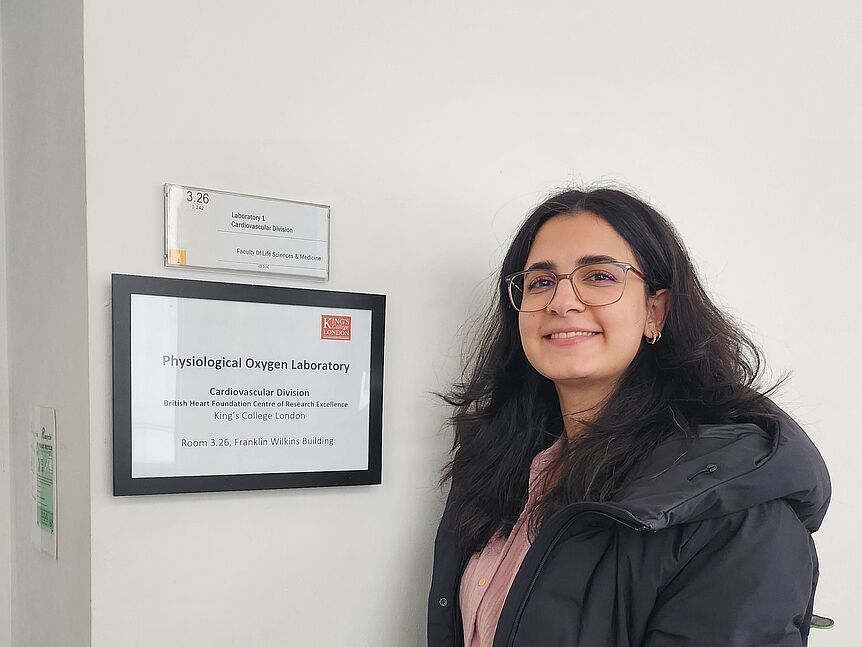Emerging Field Oxidative Stress and DNA Stability

(Fotos: Universität Wien)
Oxidative stress is "a condition that is characterized by the accumulation of non-enzymatic oxidative damage to molecules that threaten the normal functions of a cell or the organism". It is involved in the etiology of a large number of human diseases such as cardiovascular diseases, cancer, neuropathological disorders like Parkinson's and Alzheimer's disease, diabetes, and rheumatoid arthritis but also with Ageing. The continuous exposure to reactive oxygen species (ROS) from exogenous and endogenous sources results in oxidative damage of cell components and alterations of cellular functions. Some of these changes can be used as markers of oxidative stress. A large number of different techniques have been developed to monitor oxidative damage and its consequences. Besides, these approaches can be used to identify dietary antioxidants and their mode of action.
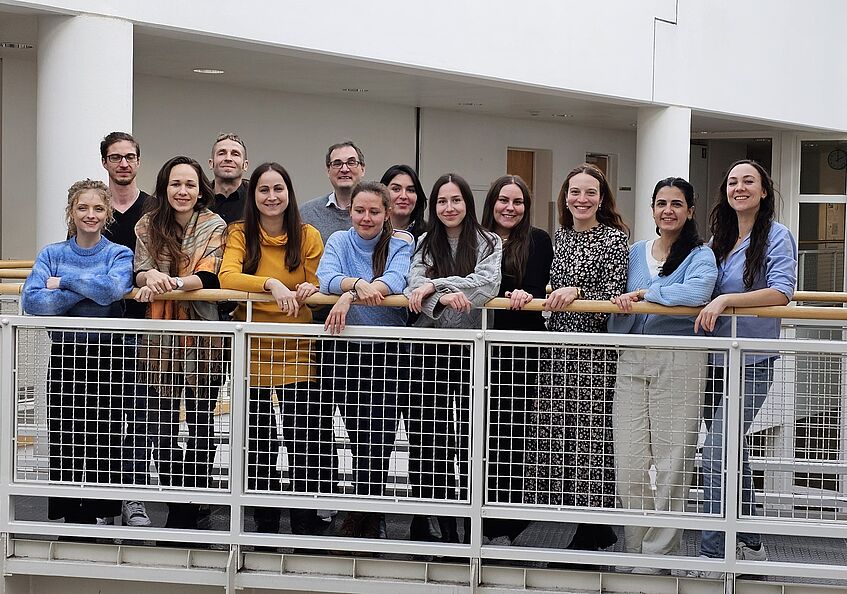
As an experimental working group we are focusing on lifestyle triggers such as the diet, single food compounds, phytochemicals, physical activity and physiologically active non- food compounds (e.g. bile pigments) and their effects on Oxidative Stress and DNA Stability mainly in human metabolism by initiating human intervention, cross-sectional or case-control studies and investigate mechanisms by in vitro approaches. At the bench we are exploring the topic with modern techniques (biomarker) for the determination of antioxidative compounds, biochemical and molecular methods to monitor the oxidation of macromolecules and their oxidation products, approaches for the detection of ROS induced DNA and chromosomal damage, DNA repair and methods used to measure antioxidant enzymes, transcriptional factors and gene responses.
With this background we initiated at University of Vienna the research platform "Active Ageing" (http://activeageing.univie.ac.at/), since ageing is considered to be one of the European Grand challenges with profound impacts on economic sustainability, social structures and healthy care delivery and sustainability. Understanding the etiology of sarcopenia in the elderly on a molecular basis is critical to prescribing more effective nutritional, lifestyle and/or pharmaceutical strategies to prevent, delay or reverse the loss of muscle mass and strength with aging.
Research activities are mainly funded by the Austrian Science Fund (FWF), National Bank, European Commission (Framework Program and Horizon 2020), European Union - Cross Border Co-operation and the University of Vienna.
A large national and international scientific network of well-respected research partners guarantees comprehensive approaches, knowledge transfer and continuous development of new biomarker.
We are also dedicated to train and involve advanced students within our different research projects.

